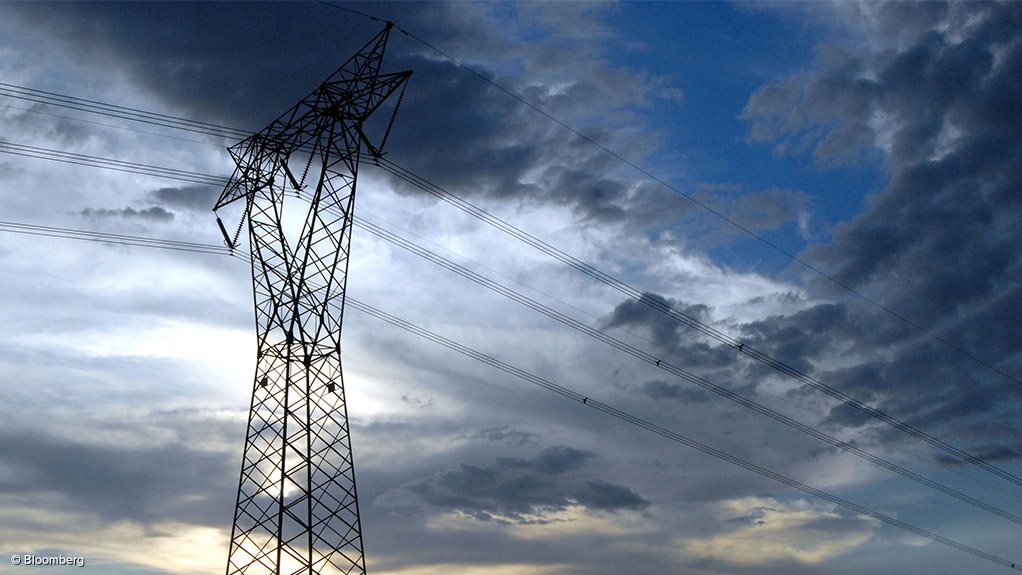Private-sector partners have committed over $14-billion to the Power Africa project, which was launched by US President Barack Obama last year, doubling the $7-billion set aside by USAID for the project for the next five years.
In an update on the project, Agnes Dasewicz, the director of USAID’s Private Capital Group for Africa, said the project had been rolled out in Ethiopia, Ghana, Kenya, Liberia, Nigeria and Tanzania, with the potential of extending it to other African countries.
“Our goal is to generate 10 000 MW of more efficient, cost-effective electrification generation capacity and renewables,” Dasewicz told delegates to the African Utility Week in Cape Town, which had attracted 5 000 people.
She said regional cross-border energy was crucial to growth on the continent. USAID was partnering with the World Bank and the African Development Bank (ADB) on the project, which would include looking at rural electrification as well as off-grid solutions to help agribusiness to develop.
Dasewicz said big companies such as General Electric and Standard Bank were involved in Power Africa, but that smaller companies were also getting in on the project. Some were focused on clean energy as well as developments in the gas arena.
In Ethiopia, USAID was providing legal advisers to help with the country’s power purchase agreement on the geothermal front.
“It will be the largest and first geothermal transaction in Ethiopia. We hope it will have a catalytic effect in Ethiopia and East Africa," said Dasewicz.
Power Africa was also helping Ethiopia to produce two-million smart meters, while improving distribution and efficiency.
In Kenya, the project was supporting a 300 MW wind project, while in Tanzania it was assisting with hydro projects along the country’s southern agricultural corridor.
“We’ve given them a portable guarantee for a local developer to go to banks to get support for this programme,” she said.
Dasewicz said the six countries that had been chosen as private investors had shown the most interest in them. Clean energy was also high on the agenda in all six countries.
However, she said Project Africa was keen to develop power projects in other African countries, as long as funding was available.
“If we can partner with other donors, such as the World Bank, and raise additional funding from the ADB, then developers can do a lot more in an accelerated time.”
Dasewicz said it was vital to get involved in power generation in Africa, as many people lacked reliable and affordable energy. It was also costing countries massive amounts in lost revenue and investment.
She said, on average, African businesses were hit with power shortages for 56 days a year.
African Utility Week is being held in parallel to the Clean Power Africa expo, which focuses on the latest technology and services in the industry disciplines of metering, clean power, water, large power users, investment and finance, transmission and distribution and smart grids and generation.
EMAIL THIS ARTICLE SAVE THIS ARTICLE
To subscribe email subscriptions@creamermedia.co.za or click here
To advertise email advertising@creamermedia.co.za or click here











